Apple explains its App Store removal rules, will give developers 90 days to update their apps
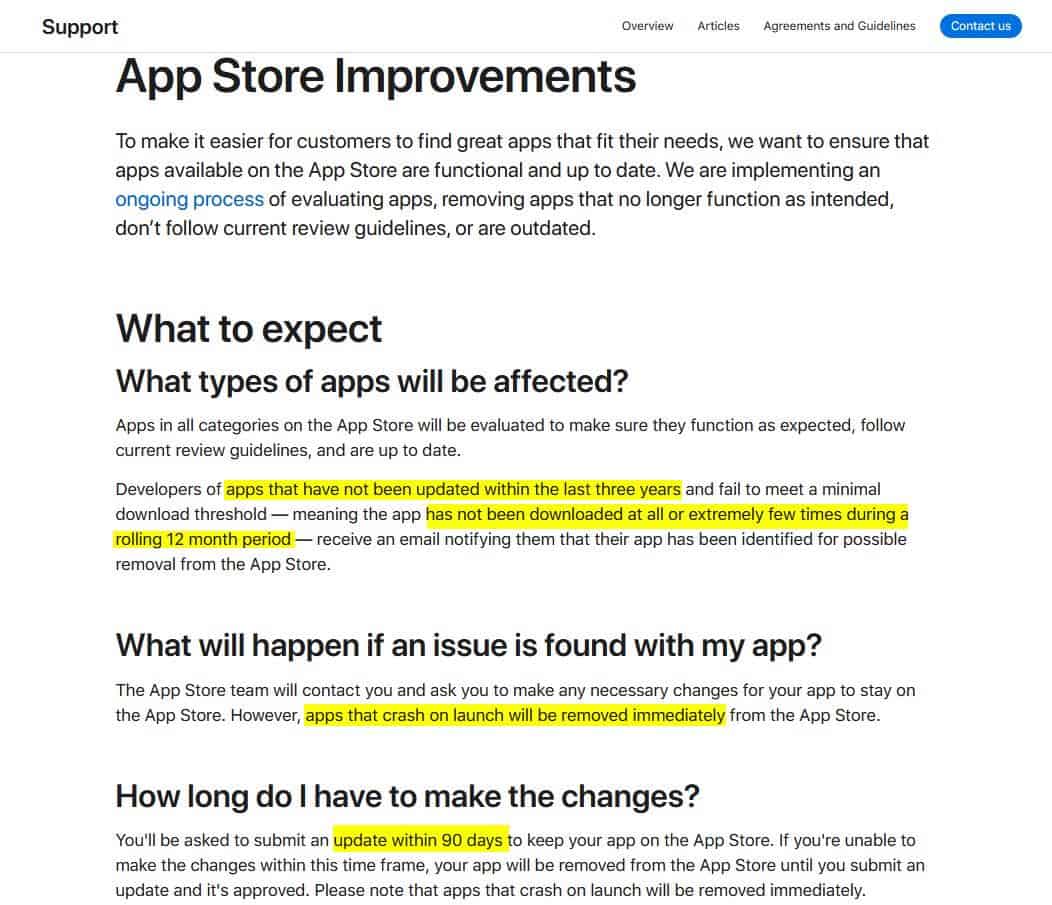
A week ago, there was an uproar among the iOS and macOS app developer community, when some of them had received a notice from Apple stating their app would be removed from the App Store unless the apps were updated. Some developers cried foul at the sudden move, because the tech giant had given them a deadline of just 30 days to patch their precious projects.

The developers claimed that the new rule was unfair, and that there was no real reason to update what was, in their point of view, a "perfectly functional app." I'd say that is debatable.
Apple clarifies App Store removal rules
A press release from the company, spotted by Apple Insider, explains the criteria for removing apps from the App Store. The new guidelines, which are part of the App Store Improvements Process, states that outdated apps affects the discoverability of apps, i.e. better apps may show up higher in the search results if outdated apps are not available on the App Store.
Apple says that app developers need to do their part in protecting the security and privacy of users, and wants them to use the latest tools including APIs, SDKs, and features available in iOS, iPadOS, macOS, that it provides to keep up the pace with its ever-evolving hardware and software technologies. The Cupertino-based company also highlighted the importance of apps conforming to modern hardware, such as varying screen sizes and design standards like notches.
Identifying apps for removal
The most important thing to note here is that Apple wants to remove apps that have not been updated in the last three years, and have a low number of downloads in 12 months. If an app meets these criteria, the developer will be sent an email notifying them that their app has been identified for removed from the App Store.
It's not as bad as it seems. Developers will be able to appeal the removal. Apple is also extending the update deadline from 30 days to 90 days. That should give developers ample time to patch their app, unless if the situation demands a complete rework of the code. In such a scenario, the app will be removed from the App Store, but could be reinstated after the developer submits an update for review.
The App Store Improvements page says that apps that crash upon launch will be removed from the storefront immediately. An app that has been delisted from the App Store, will continue to function on user devices, if they had it installed prior to the removal.
In my previous article, I speculated that people will blame iOS or their iPhone or iPad or Mac, when an app fails to run, or crashes, or is otherwise unusable. I mean, if you buy a $1000 device, and you can't use an app on it, or find that an app has security vulnerabilities, or leaks your data, you're probably going to blame Apple for allowing such apps to be available for download. The press release from Apple makes it clear that it doesn't want to deal with such drama, and wants developers to either keep them up-to-date, embrace the latest design standards, or be cast out of the App Store.
It may seem unfair to indie devs as it costs them time and resources to update their apps, but from a business' perspective, it is likely the right call to make. These new rules will collectively ensure that apps meet a certain quality threshold in terms of design and usability.





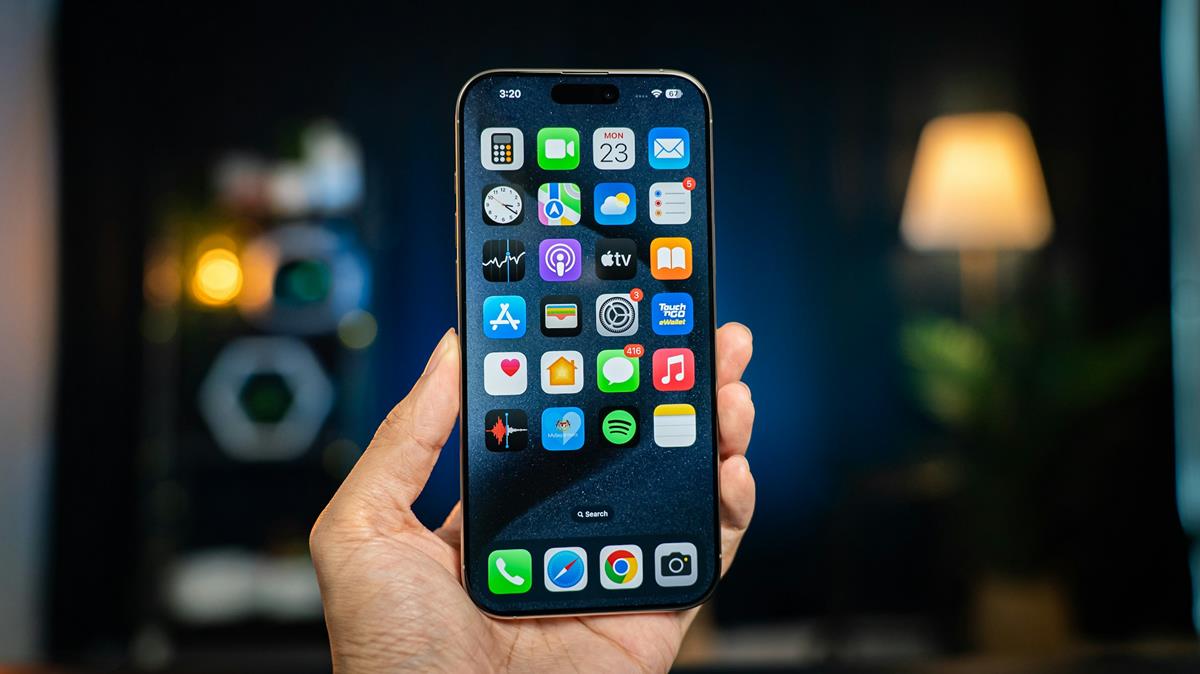

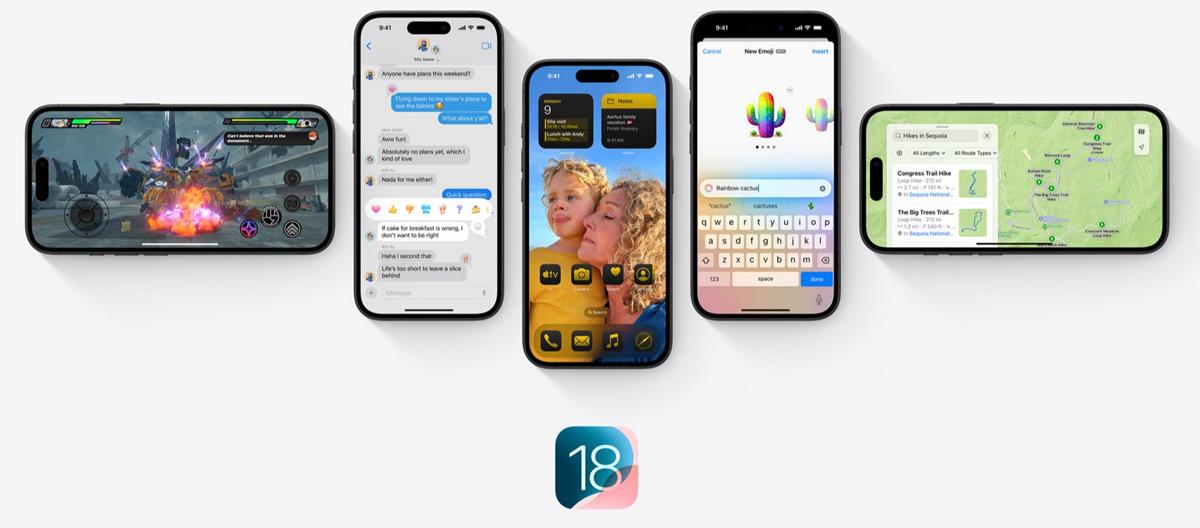



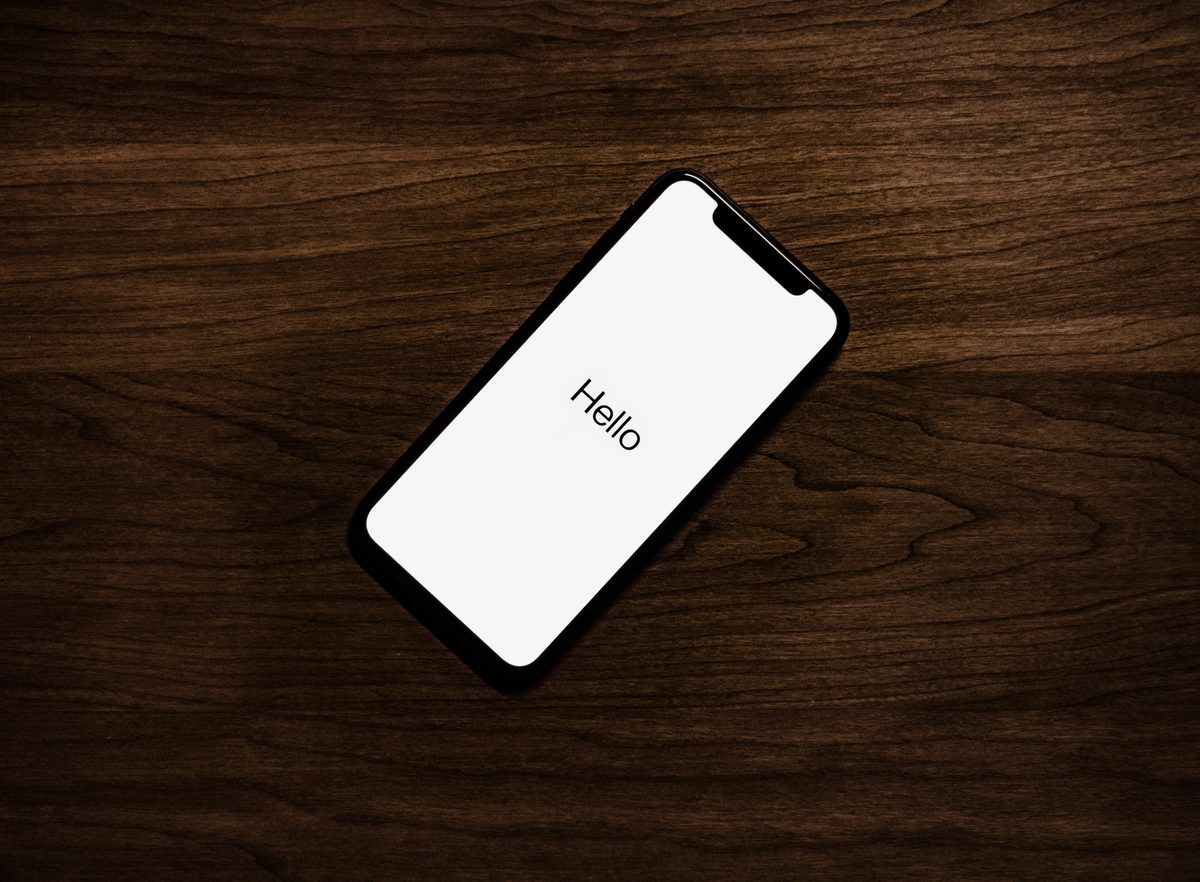





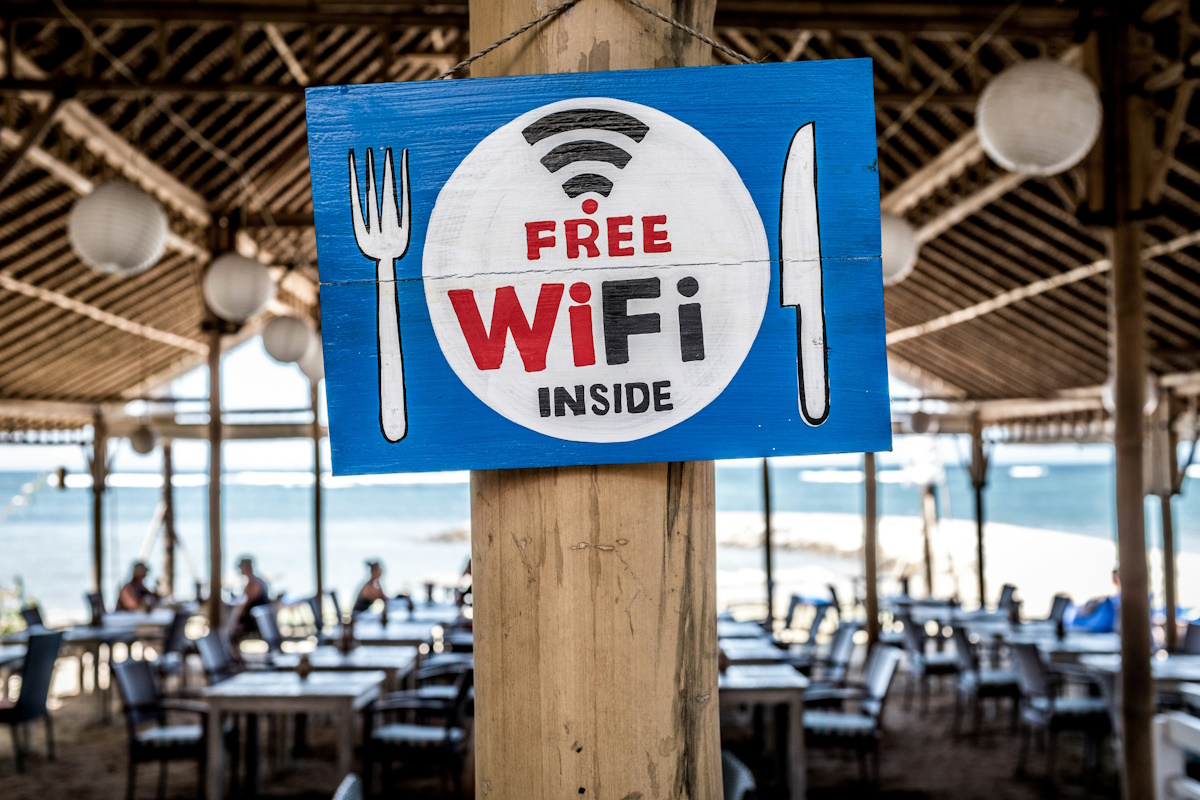





Nice article! It is helpful because sometimes we get unnecessary notifications. It will be helpful for people who want to turn on or off the notification in their mobile apps.
Microsoft, Mozilla and Google shoud do the same at their stores. Thanks @Ashwin for the article! :]
Google is gonna do something like that in their Chrome Web Store with the new Manifest V3 which is scheduled to be mandatory in January 2023, so each extension needs to be fixed and re-uploaded before that.
https://developer.chrome.com/docs/extensions/mv3/mv2-sunset/
@Juraj thanks for the information! :]